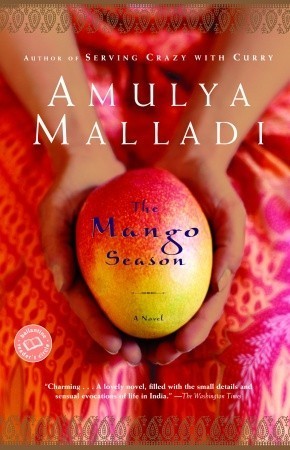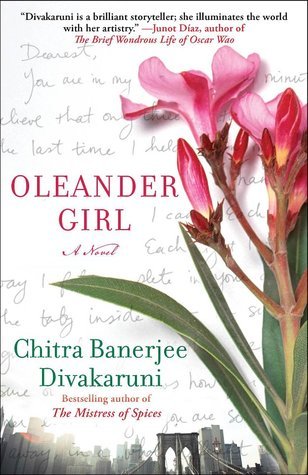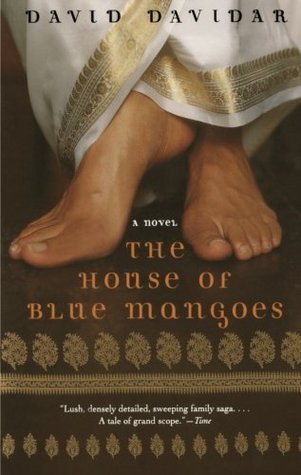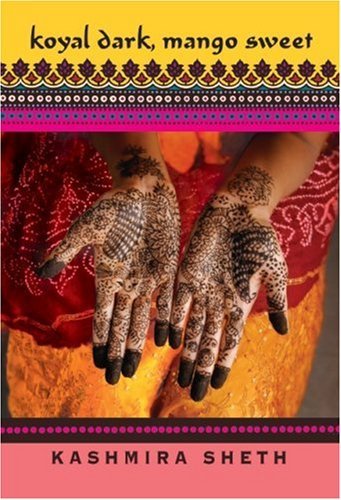
The Mango Season
Book Description
Under the sweltering sun of a small Indian town, a young woman grapples with her forbidden love for an American man while preparing for her arranged marriage. The sweet scent of mangoes fills the air, juxtaposing the bitterness of family expectations and cultural traditions. As love teeters on the edge of rebellion, secrets surface and hearts collide. Friends become rivals, families are torn apart, and one decision could change everything. Can she follow her heart, or will duty shatter her dreams before the mangoes fall? Each page brims with palpable tension and aching desire — what sacrifices are worth making for true love?
Quick Book Summary
"The Mango Season" by Amulya Malladi is a poignant tale set in Hyderabad, India, that delves into issues of love, identity, and tradition. Priya, the protagonist, returns to India from America, ostensibly to help with the annual mango harvest. However, she is also expected to participate in the process of finding a suitable groom—a process her family takes seriously. Unbeknownst to them, Priya is already in love with an American man, Nick. As beloved family recipes are made and mangoes ripen, tensions rise between Priya’s personal desires and her duty to family tradition. The novel explores the emotional struggle faced by first-generation immigrants, the pressures of arranged marriage, and the cost of following one’s heart. Malladi paints a vibrant picture of Indian culture, balancing mouthwatering sensory detail with the bitter realities of expectation and sacrifice.
Summary of Key Ideas
Table of Contents
Conflict Between Tradition and Modernity
Priya returns to Hyderabad during mango season, supposedly to assist her mother and aunt in the yearly family ritual of making mango pickle. The real reason for her visit runs much deeper—her family is eager to arrange her marriage now that she has returned from America. Priya, caught between two worlds, faces growing anxiety as she contemplates whether to reveal she is in love with Nick, an American man her family would certainly disapprove of. The fragrant mangoes symbolize possibility, but also the inescapability of tradition.
Love Versus Duty
The journey home forces Priya to confront her dual heritage. She is drawn to the familiarity and nostalgia of her Indian upbringing, yet the autonomy and values she has absorbed in America have changed her. Her family’s expectations collide with her own vision for her future, especially as marriage discussions become serious. The drama within the family, including long-standing grievances, personal secrets, and generational divides, intensifies the pressure on Priya to conform.
Cultural Identity and Belonging
As the family prepares mango pickles together, hidden resentments and confessions surface. Priya struggles to maintain her relationship with her family—particularly with her domineering mother—while quietly grappling with her desire for self-determination. The mango kitchen becomes a crucible in which the family’s dynamics are tested. The story deftly portrays the gendered expectations placed upon Indian women, as well as the power of food and tradition as both a bond and a limitation.
Secrets, Family, and Reconciliation
Eventually, Priya’s secret comes to light. The revelation of her love for Nick sparks conflict, exposing deep-seated fears, prejudices, and vulnerabilities within the family structure. Priya must choose between following her heart and respecting her family’s wishes. The consequences of her decision force the entire family to confront their assumptions about love, identity, and belonging. Malladi renders Priya’s internal struggle with empathy, showing how the pursuit of happiness can exact a steep cost.
In the end, while not every relationship is mended nor every expectation met, Priya emerges with a new sense of clarity about who she is and what she values. The novel concludes with a bittersweet acknowledgment of what is gained and what is sacrificed when one chooses between tradition and love. The mango season, once a symbol of familial unity, is forever changed by Priya’s courage to be true to herself.
Download This Summary
Get a free PDF of this summary instantly — no email required.





